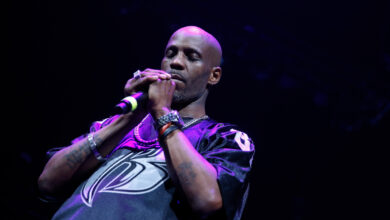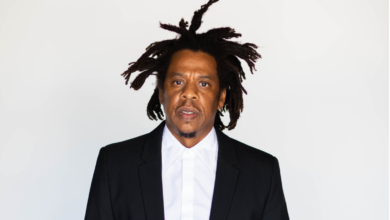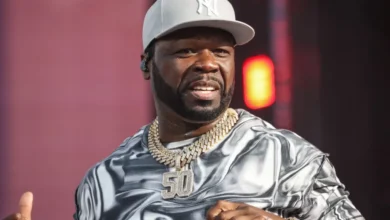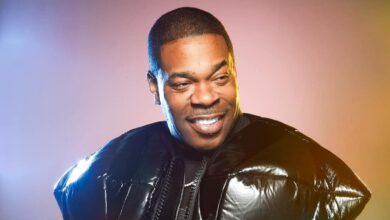Big Daddy Kane’s Most Controversial Moments
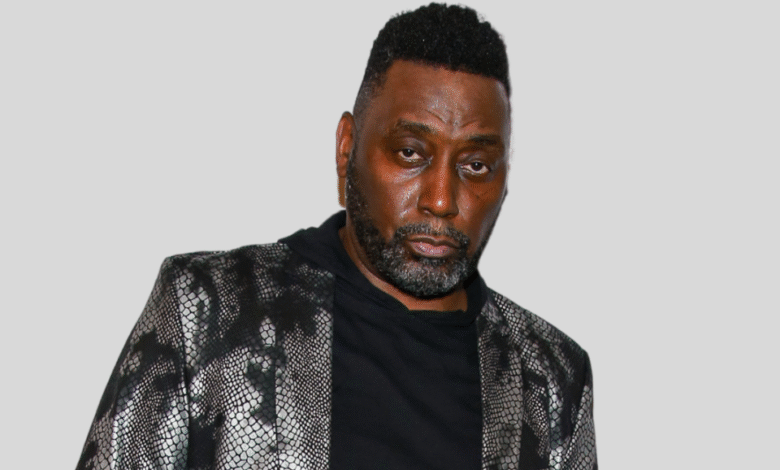
Big Daddy Kane, born Antonio Hardy, is widely celebrated as one of hip-hop’s pioneering MCs, known for his smooth delivery, lyrical prowess, and sophisticated style. Throughout his illustrious career, Kane has largely maintained a reputation as a class act within the industry. However, like many iconic figures, he has had his share of moments that sparked public debate and controversy. While not as scandal-plagued as some of his peers, certain incidents in Big Daddy Kane’s career have stirred the pot in the world of hip-hop. Here’s a look at some of his most controversial moments.
One of the earliest controversies in Big Daddy Kane’s career stemmed from tensions within his original collective, the Juice Crew. Formed by legendary producer Marley Marl, the Juice Crew included several influential rappers. As Kane’s star quickly rose with hits like Ain’t No Half-Steppin’ and Raw, rumors began to circulate about friction between him and fellow Juice Crew members. Some suggested that Kane’s ambitions and popularity caused jealousy within the group. While public beef never fully materialized, whispers of internal conflict led to speculation and fueled rap fans’ fascination with the dynamics behind the scenes.
In the early ’90s, Big Daddy Kane made headlines with one of his boldest career moves—posing for Madonna’s controversial Sex book. The coffee-table publication featured provocative images of various celebrities, including Kane, and pushed boundaries with its explicit content. Kane appeared alongside Madonna and supermodel Naomi Campbell, sparking shock and debate among hip-hop purists and mainstream audiences alike.
For a rapper whose image was built on lyrical mastery and street credibility, the move into the world of erotic photography was unexpected and divisive. While some praised Kane for embracing sexual expression and breaking taboos, others criticized the decision as a departure from hip-hop’s core values. The controversy cemented Kane’s image as a risk-taker willing to challenge cultural norms.
Another flashpoint in Kane’s career involved the public perception of his transition into more commercially appealing music. Following the release of his debut album Long Live the Kane, which was celebrated for its hard-hitting lyricism, Kane experimented with more polished, R&B-influenced sounds on later projects like Prince of Darkness. Some fans and critics accused Kane of “selling out” or softening his edge to appeal to a broader audience.
This shift led to debates within the hip-hop community about the balance between artistic evolution and staying true to the genre’s roots. Kane defended his musical choices as a natural progression and a reflection of his versatility, but the controversy highlighted the pressures artists face when trying to navigate both creative growth and fan expectations.
Though not a full-blown scandal, Kane’s occasional absence from major hip-hop projects and reunions over the years has prompted speculation. For instance, his limited involvement in large-scale Juice Crew reunions or certain old-school hip-hop tours led some to question whether lingering tensions or personal decisions kept him from fully participating. While Kane has generally downplayed any conflict, his selective appearances have continued to fuel conversation among fans.
Despite these controversies, Big Daddy Kane has consistently handled public scrutiny with class and maturity. In recent years, he has been celebrated as an elder statesman of hip-hop, using his platform to mentor younger artists and preserve the culture’s rich history. He regularly addresses his past with honesty, often reflecting on controversial moments as part of his journey rather than regrets.
Big Daddy Kane’s most controversial moments ultimately highlight the complexities of navigating fame, artistry, and public expectations. Through it all, he has remained a respected figure in hip-hop, proving that true legends endure—and even grow stronger—in the face of controversy.

